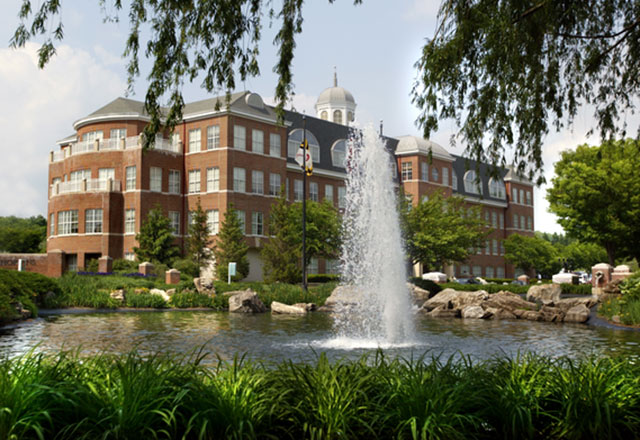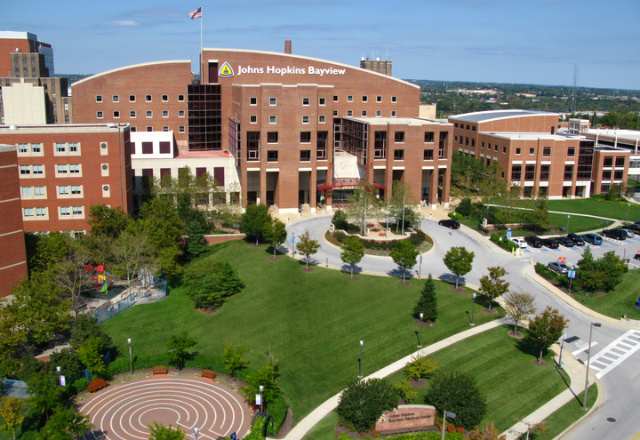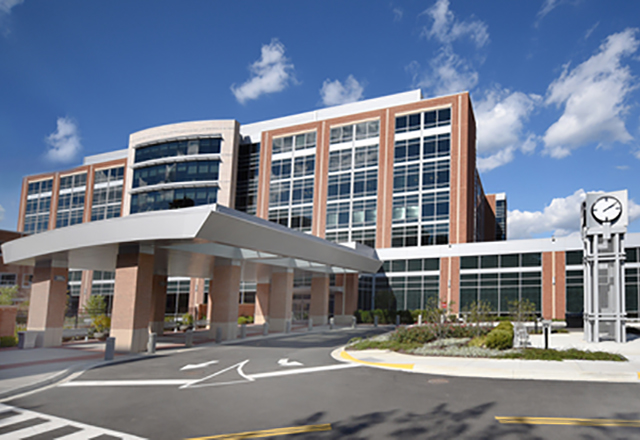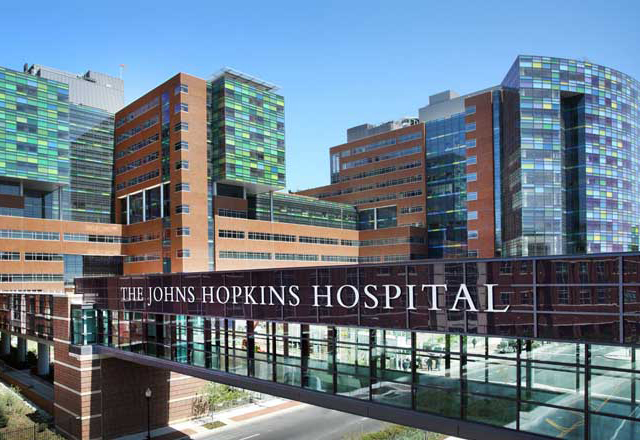-
Richard James Battafarano, M.D., Ph.D.

- Regional Director of General Thoracic Surgery
- Director, Division of General Thoracic Surgery
- Associate Professor of Surgery
-
Malcolm V Brock, M.D.
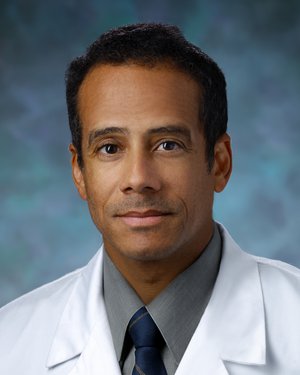
- Director of Clinical and Translational Research in Thoracic Surgery
- Professor of Surgery
- Professor of Oncology
-
Stephen R Broderick, M.D.
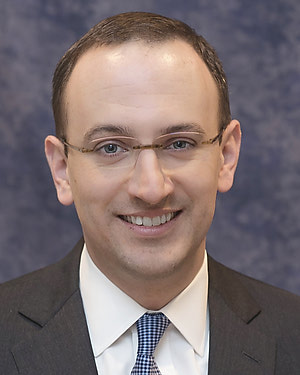
- Associate Director, Johns Hopkins Cardiothoracic Residency Program
- Associate Professor of Surgery
-
Errol L. Bush, M.D.
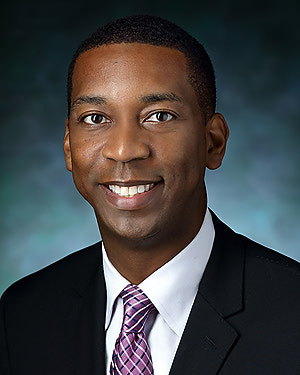
- Surgical Director, Advanced Lung Disease and Lung Transplant Program
- Director, Ex vivo Lung Perfusion Program (EVLP)
- Associate Professor of Surgery
-
Stephen Clyde Yang, M.D.

- Associate Vice Chair for Faculty Development
- The Arthur B. and Patricia B. Modell Professor in Thoracic Surgery
- Professor of Surgery
- Professor of Oncology
Providing the Latest Treatments for
Thoracic Conditions
The Division of Thoracic Surgery at Johns Hopkins is dedicated to the prevention, early diagnosis and treatment of diseases of the chest. We provide a full range of minimally-invasive procedures, including video-assisted thoracic surgery (VATS) and robotic-assisted technology.
Schedule an Appointment
Schedule by phone
Call 443-997-1508
Schedule online through MyChart
Some services may not be available for online scheduling.
Log into MyChart | Sign up for MyChart.
Why Choose Johns Hopkins for Thoracic Surgery
Advanced Treatment and Prevention
Our surgeons provide advanced surgical techniques and cancer therapies to focus on early diagnosis, better cancer staging, and prediction of recurrent disease of organs in the chest.

Multidisciplinary Care
We provide a multidisciplinary approach to the treatment of cancers and other diseases of the chest by collaborating with healthcare providers across different specialties.
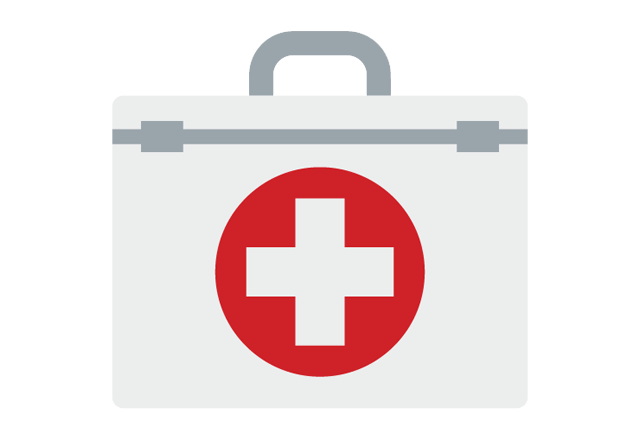
Experienced Surgeons
At Johns Hopkins, we are experienced in providing surgical treatment and management for all types of thoracic conditions.

Conditions We Treat
We provide treatment for the following conditions:
- Benign diseases and tumors of the lung
- Benign esophageal diseases
- Achalasia
- Benign tumors
- Strictures
- Chest reconstruction after major trauma or surgery
- Chest wall tumors
- Esophageal cancer
- Esophageal reconstruction
- Gastroesophageal reflux
- Lung cancer
- Lung transplant
- Lung volume reduction surgery for emphysema
- Mediastinal tumors and diseases (including the surgical treatment of myasthenia gravis)
- Mesothelioma
- Pleural diseases
- Pneumothorax
- Infections
- Pleural effusions
- Plication for diaphragm paralysis
- Sympathectomy for hyperhidrosis (excessive sweating)
- Tracheal resection or stent insertion for airway narrowing
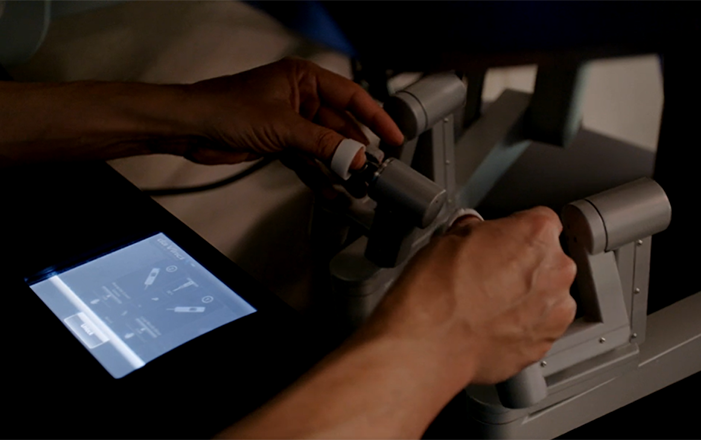
Minimally-Invasive Robotic Surgery at Johns Hopkins
Robotic-assisted thoracic surgery is a procedure that creates three to five small incisions in the chest and does not require spreading apart the ribs. Long-handled instruments and a camera are inserted through these small incisions to perform different types of thoracic procedures.
Our robotic surgery technology uses a high definition, 3-D magnified camera to view the surgical area. The surgeon sits at a console, which translates the movements of the surgeon’s hand in real time. Robotic surgical instruments are small and wristed, providing the surgeon with a wide range of movement with high precision. There are many benefits of minimally invasive surgery, which include:
- Fewer complications
- Better cosmetic and functional result
- Less pain
- Faster recovery
- Shorter hospital stay
Patient Education
The Latest on Lung Cancer Screening & Survivorship
Esophageal Cancer Q&A with Dr. Richard Battafarano
Esophageal Cancer Survivors Workshop





